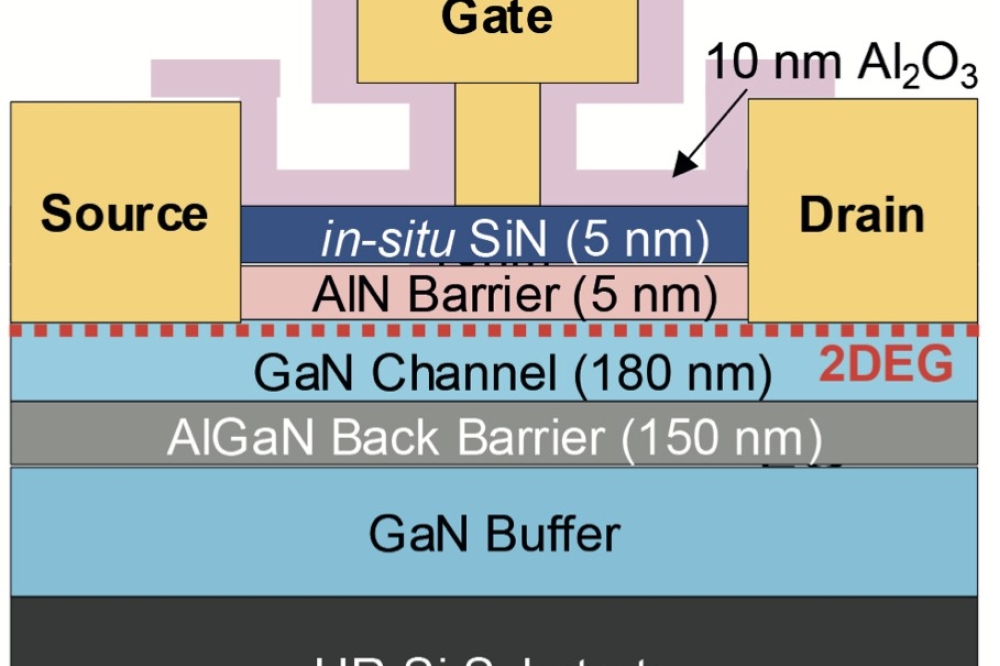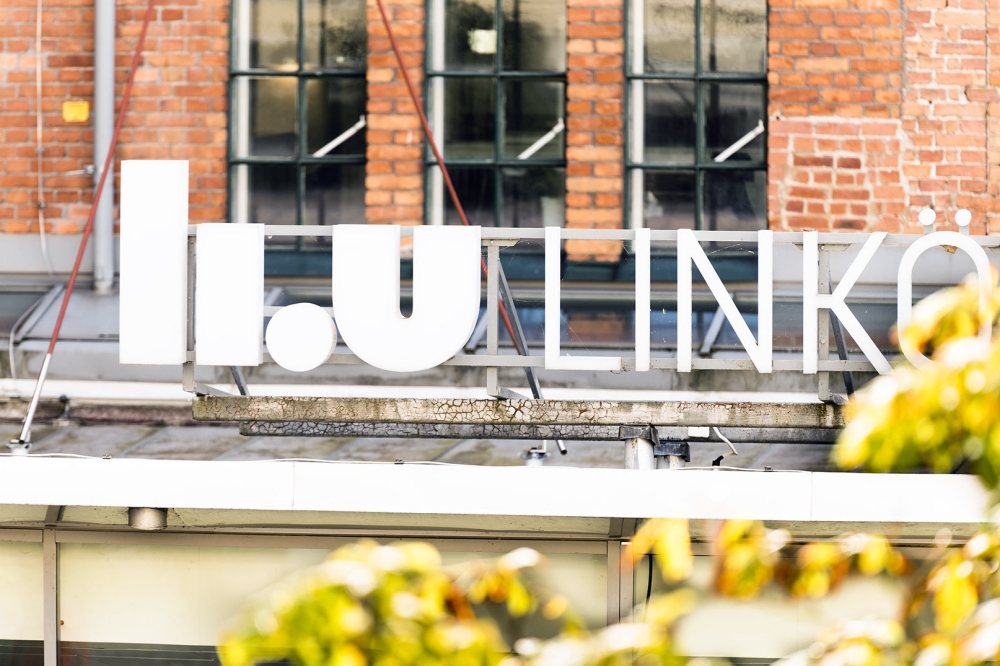Compound Semiconductor partners to work on quantum technologies

IQE, CSC (the Compound Semiconductor Centre) and Cardiff University are to participate in two Innovate UK industry Challenge Fund quantum technology projects. These are the KAIROS project to develop a miniature atomic clock and the AQuaSec project to develop quantum-safe communications systems.
In KAIROS,CSC and Cardiff University will be part of a consortium led by Teledyne e2v to develop a pre-production prototype of a miniature atomic clock for providing precise timing to a variety of critical infrastructure services such as reliable energy supply safe transport links mobile communications data networks and electronic financial transactions.
The precise measurement of time is fundamental to the effective functioning of these services which currently rely on Global Navigation Satellite Systems (GNSS) for a timing signal. However GNSS signals are easily disrupted either accidentally or maliciously and in prolonged GNSS unavailability these critical services stop functioning.
The reliance on GNSS for precision timing and the consequent vulnerability of our essential services prompted InnovateUK to commission a report published by London Economics in June 2017. It estimated the impact on the UK economy of a five-day GNSS outage at £5.2B. That message is becoming widely understood and is creating a demand for timing solutions that are not GNSS dependent. The next generation miniature atomic clock arising from this project fulfils this need and will find widespread application in precision timing for mobile base stations network servers for financial services data centres national power distribution networks and air traffic control systems.
Further applications arise in areas where an independent timing reference is needed on mobile platforms and especially in areas where no GNSS signal is available. A high-performance compact clock would benefit a range of useful capabilities addressing civil and military applications bringing both technical and economic gains for the UK.
Other partners in the consortium are the National Physical Laboratory (NPL), Leonardo, Altran, ICS, HCD Research, Optocap and University of York.
Advanced wafer firm IQE will be involved in the Agile Quantum Safe Communications (AQuaSec) project to develop technologies for 'quantum-safe' communications. These will combine efficient implementations of new quantum-resistant algorithms and techniques from quantum cryptography which are immune to all advances in computing including quantum computing.
The project will build prototypes that test their security and demonstrate their benefits to end users, addressing the increased vulnerability to cyber-security threats brought about by quantum computing capabilities.
The project is led by Toshiba Research Europe. Other partners are Bay Photonics Limited, BP, BT, Dashboard, Heriot-Watt University, KETS Quantum Security Limited, NPL Management, Queen's University (Belfast), Radianz, Royal Holloway University (London), Tethered Drone Systems, University of Cambridge, University of Glasgow and University of Sheffield.


































